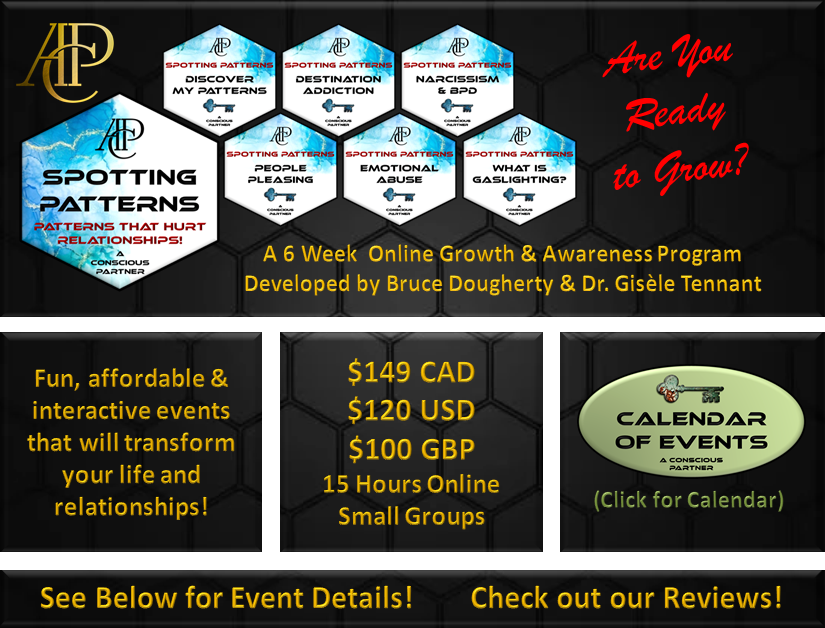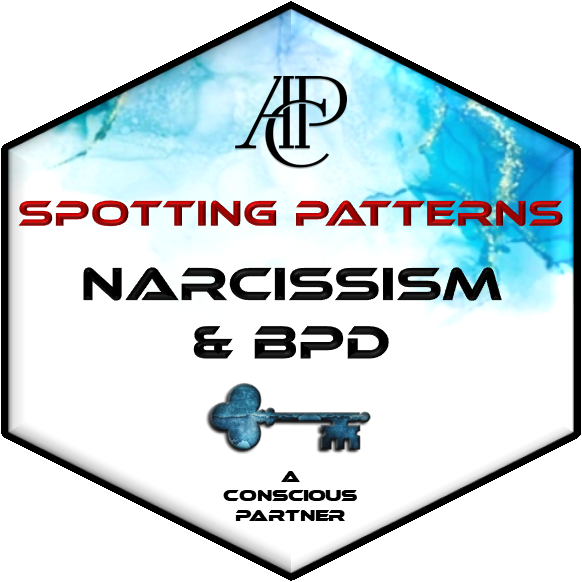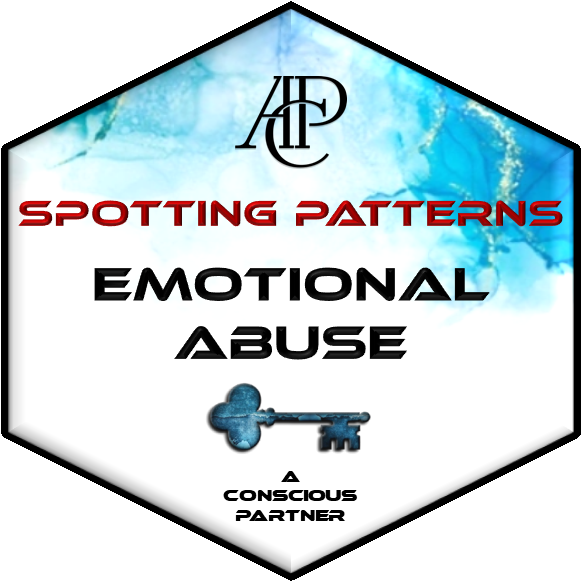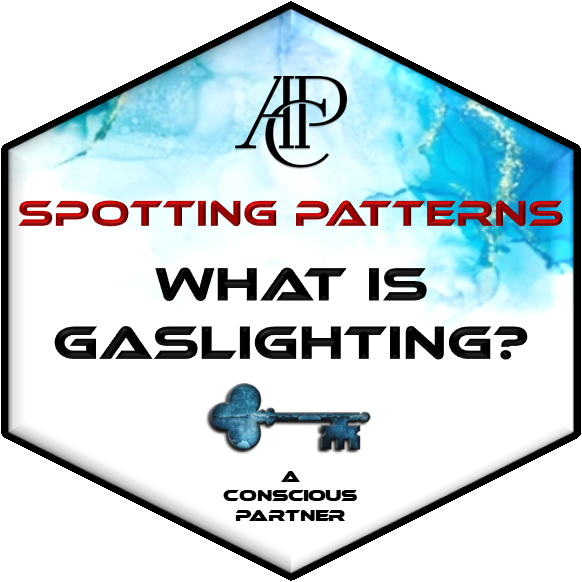|
Many people do not take the time to recognize their unhealthy relationship patterns. For example, being consistently attracted to the wrong people could be a symptom of falling into the same pattern over and over without realizing there is a way out. We do this because it is familiar, even if it doesn't work out in the long run. Even though it isn't healthy, we get comfortable and dive in anyway. Fortunately, if patterns are consistent enough, we should be able to recognize them, and if we can recognize them, then maybe we can adjust them! |
|
Are we living our lives just to get to the end? Does our entire life revolve around working so that we can pay bills on the stuff that we have to buy because we are told that if we have that stuff, then we will be happy? So when does all this "happy" start? You know what? Maybe it's time to start being happy right now. Happiness has nothing to do with how much "stuff" we can accumulate. Happiness revolves around living life authentically and being content with who we are, what we do, and where we are going. It's important to realize that “stuff” and other people cannot make us happy. Then, it’s essential to take the time to think about what makes us happy and start living life doing those things. |
|
We use the word "narcissist" all the time, but do we really know what a narcissist is? Are we aware that there are different types of narcissism and that the one that we understand the most is the one we need to worry about the least? When dealing with narcissism, let's be aware of what we are looking for. Individuals with Borderline Personality Disorder (BPD) tend to display impulsive and sometimes reckless behaviors when they are upset. This stems from the inability to self-regulate emotionally and to self-soothe when they feel troubled by their circumstances. These behaviors play havoc with their relationships. This event helps us to both understand and recognize these unhealthy relationship patterns. |
|
In many cases, people-pleasing can get addictive because of the rewards it brings, but that is also what makes it harmful. People pleasing is a pattern, and if we have that pattern, then it’s likely that we often try to be who others want us to be. We tend to always agree and try to “fit in”. We may not even realize we are doing this, because it’s so familiar to us that it has become a true “pattern” or habit. Instead of being who we want to be, our goal is to please others in order to avoid negative reactions that make us uncomfortable. Too much “people-pleasing” causes us to lose our own path and we might become what people call a “doormat” and never be our true selves. |
|
Emotional abuse is one of the hardest forms of abuse to both understand and recognize. It can be subtle and insidious or overt and manipulative. It chips away at our self-esteem and has us doubting our own perceptions and reality. The underlying goal in emotional abuse is to control us by discrediting, isolating, and silencing. So what does it mean to be emotionally/psychologically abused? How does it manifest in our relationships and who are the perpetrators? Let’s examine what emotional abuse really is and explore some ways to see if we can stop it! |
|
Gaslighting is a form of emotional abuse that’s seen in abusive relationships. It’s the act of manipulating a person by forcing them to question their thoughts, memories, and the events occurring around them. A victim of gaslighting can be pushed so far that they question their own sanity and whether intentional or not, is a form of manipulation. Gaslighting can happen in many types of relationships, including those with bosses, friends, and parents. But one of the most devastating forms of gaslighting is when it occurs in a relationship between a couple. |











